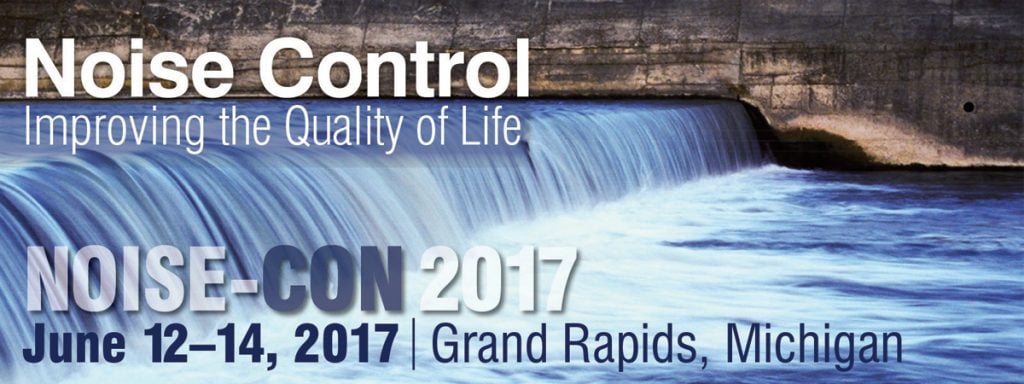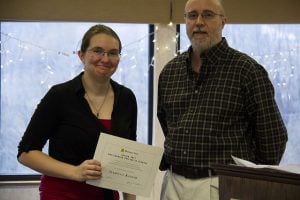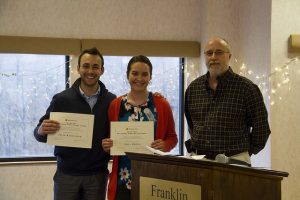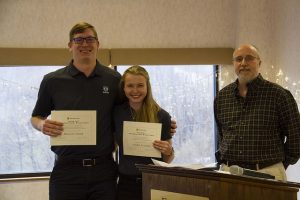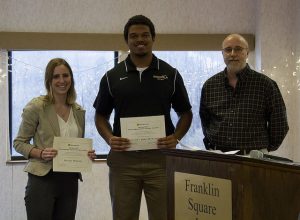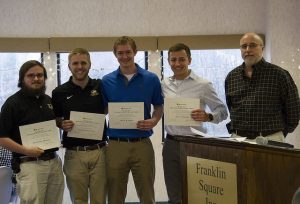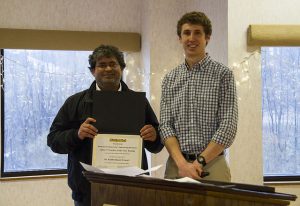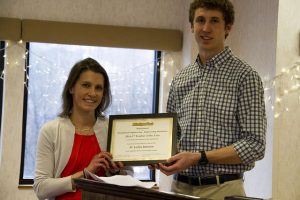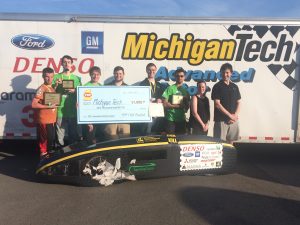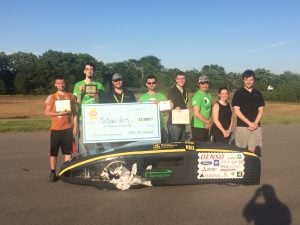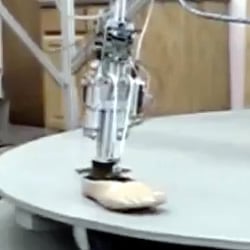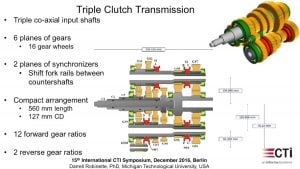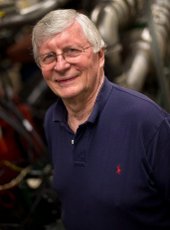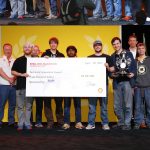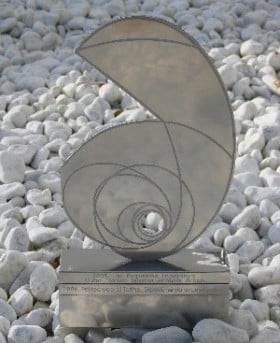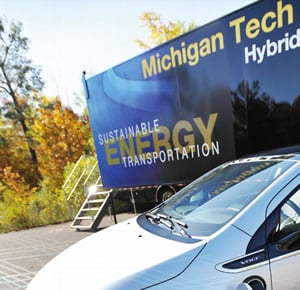Michigan Tech’s Department of Mechanical Engineering-Engineering Mechanics is hosting high school students from Houghton, Calumet and Lake Linden at a Robotics Machining Workshop during the week of June 19, 2017. The students are members of FIRST Robotics Competition teams.
Workshop developers are Marty Toth and Michael Goldsworthy (ME-EM). They will teach the students machining skills and safety practices. During the workshop, the students will machine all the components to construct a working Stirling Engine.
Building a competition robot is a complex undertaking requiring electro-mechanical design, computer modeling, creating machining prints, prototyping and lots of machining.
Michigan Tech connects with FIRST Robotics in many ways. Like many universities, Tech recruits FIRST Robotics high school students with scholarship opportunities. Tech faculty and staff volunteer with the teams during the six-week building season and during the off-season with special projects such as a robot that was created for this year’s Bridgefest Parade, which helped students develop skills for the next building season, which begins early in 2018.
